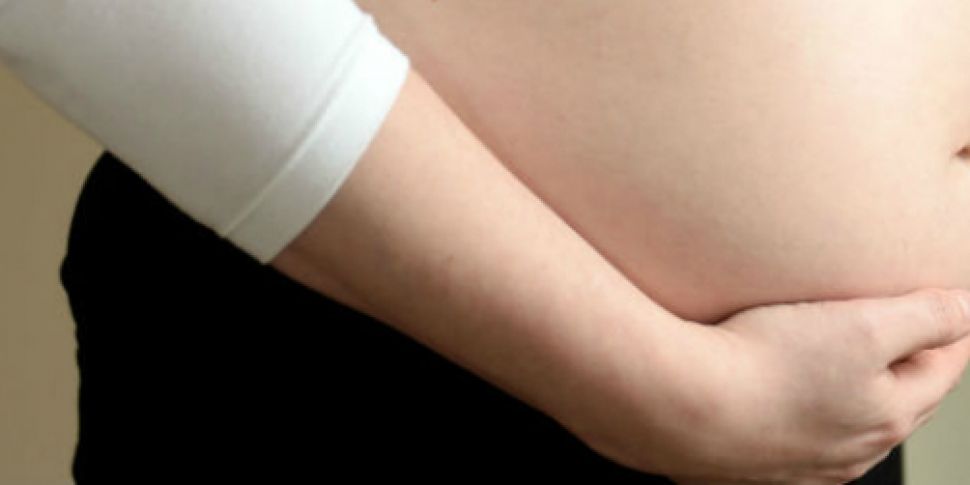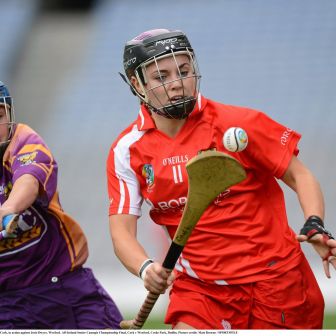A new treatment to create so-called "three-parent babies" could be introduced in the UK in just a few months.
It comes after a panel of experts recommended the "cautious adoption" of mitochondrial replacement therapy for devastating inherited diseases.
The technique could allow women who carry mutations in their mitochondrial genes - which generate energy in cells - to give birth to genetically related children free of mitochondrial disease.
In September, fertility doctors announced they had used the technique to help a woman in Mexico deliver the first baby boy with three genetic parents.
The child, who is now five months old, and his mother were treated by a US team in the Central American, country.
However the treatment is seen as controversial, as it could alter the DNA of an embryo in a way that could be passed on to future generations.
A report in July found the technique could lead to hidden effects on metabolism and ageing - which may make it harder to rid future generations of devastating inherited diseases.
Scientists working with mice found an early mismatch with DNA could lead to disturbing consequences – including accelerated ageing.
Whether humans might respond the same way is as yet unclear.
Britain's fertility regulator, the Human Fertilisation and Embryology Authority (HFEA) will meet in December and is highly likely to give the go-ahead in principle.
If it decides clinics can make applications for the treatment then the first women could undergo the untried procedure as early as next March or April.
The aim is to replace abnormal genes in the mitochondria. Fertility doctors would remove faulty mitochondria and substitute it for healthy versions from an egg donor.
Babies born after the treatment would effectively have three genetic parents - a mother, father and a donor.
Mitochondria only hold around 0.1% of a person's DNA, which is always inherited from the mother and has no influence over individual characteristics such as appearance and personality.
It is separate from the DNA in the cell nucleus which house the vast majority of an individual's genes.
When mitochondrial DNA goes wrong the results can be catastrophic, leading to a wide range of potentially fatal conditions affecting vital organs, muscles, vision, growth and mental ability.
Opinions on the procedure remain markedly divided with the CEO of Muscular Dystrophy UK welcoming the “pioneering technique.”
He said the treatment could allow women with mitochondrial disease. “The chance to have a healthy child, without the fear of passing on this condition which can lead to ... multiple disabilities and indeed life-limiting impairments."
However Dr David Clancy, from the faculty of health and medicine at the University of Lancaster, said the technique was "currently imperfect".
He claimed the risk of carry-over and reversion could lead to as many as one in 30 women receiving mitochondrial replacement therapy giving birth to a child with an inherited disease.









